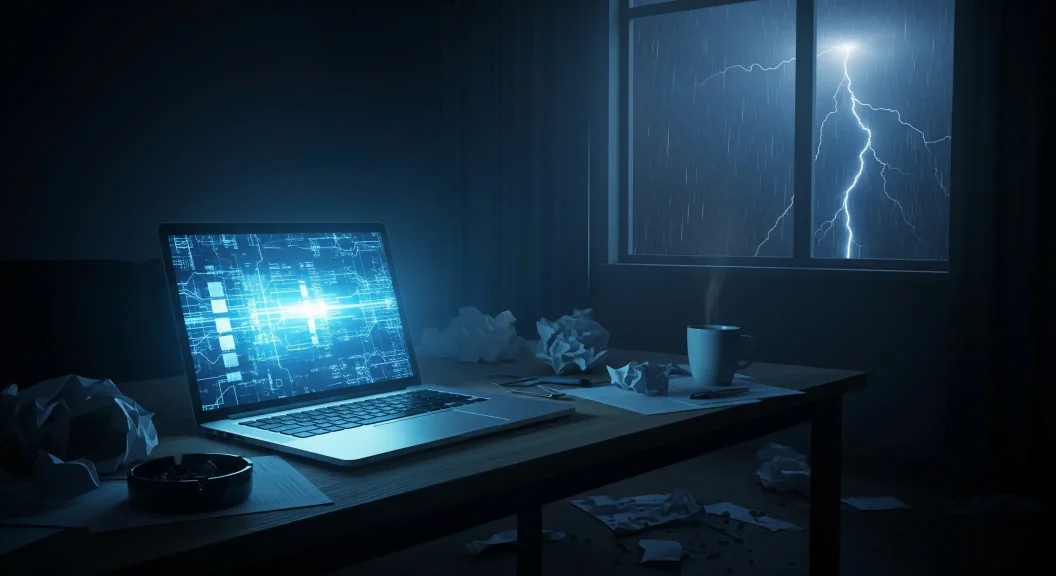Many people think of insomnia as a single condition, but in reality, there are many different types of insomnia, which are typically classified based on their duration and underlying cause. Understanding which type you might be experiencing is crucial because the treatment approach can vary significantly. Whether your sleeplessness is a short-term issue tied to stress or a long-term problem, identifying the specific pattern is the first step toward finding relief.
Table of Contents
⏱️ Acute vs. Chronic Insomnia: What’s the Difference?
The most basic classification of insomnia is based on its duration. Acute insomnia is a short-term problem, lasting anywhere from a few days to several weeks. It’s often triggered by a stressful life event, like a traumatic experience, a change in your environment, or a health problem, and it usually resolves on its own once the trigger is gone. Chronic insomnia, on the other hand, is a long-term condition. It’s defined as having sleep difficulties at least three nights a week for three months or longer. This type can be caused by a wide range of factors, including mental health disorders, chronic medical conditions, or poor lifestyle habits, and it often requires a more structured treatment approach.
😴 Onset vs. Maintenance Insomnia
Beyond duration, insomnia can be classified by the specific pattern of sleep disruption. Onset insomnia is characterized by difficulty falling asleep at the beginning of the night. You might toss and turn for hours, which can lead to anxiety about sleep itself. This is often linked to stress or poor sleep habits. In contrast, maintenance insomnia involves difficulty staying asleep throughout the night. People with this type may wake up repeatedly and struggle to fall back asleep, leading to fragmented, unrefreshing rest. This pattern is often associated with medical conditions or chronic pain.
🧠 Understanding Psychophysiological and Other Insomnia Types
Some types of insomnia are linked to specific psychological or environmental factors. Psychophysiological insomnia develops when a person creates a negative association with their bed and sleeping environment. They may worry so much about not sleeping that this anxiety itself becomes the cause of their insomnia. Other specific types include jet lag insomnia, caused by traveling across time zones, and shift work insomnia, which results from working night shifts that disrupt the body’s natural circadian rhythm.
—
Rivero, Isabel M. Insomnia: Foods, Supplements & Herbs. Translated by Sara I. Afonso & Laura Mendoza, 2025.
More Topics
- What Are the Most Beneficial Foods and Beverages for Sleep?
- How Healthy Cooking Techniques Can Improve Your Sleep
- How to Use Nutritional Therapy to Combat Insomnia
- Which Foods and Beverages Should You Avoid for Better Sleep?
- What Are the Best Healing Foods for Insomnia?
- How to Practice Good Sleep Hygiene for Better Rest
- Answering Your Top Questions About Insomnia

